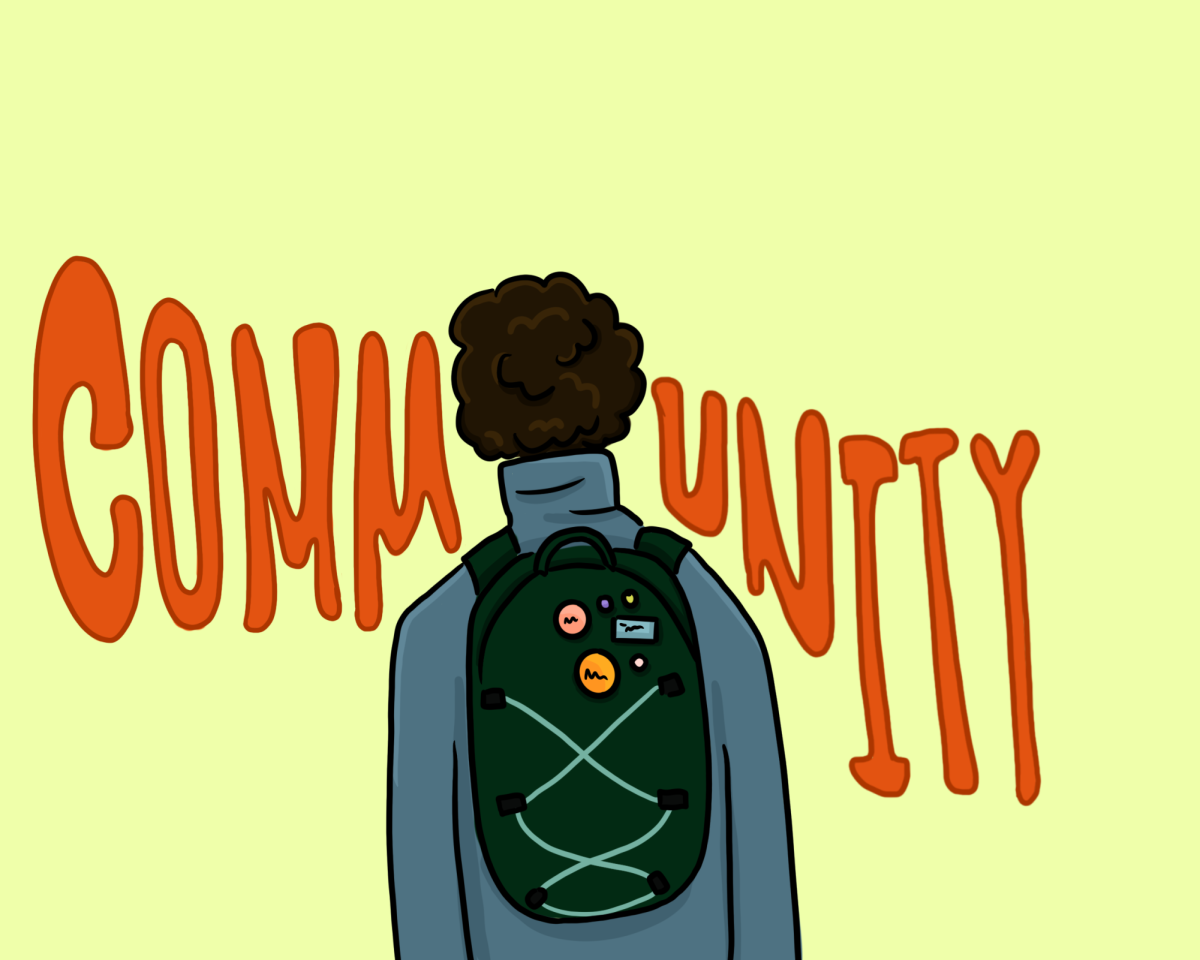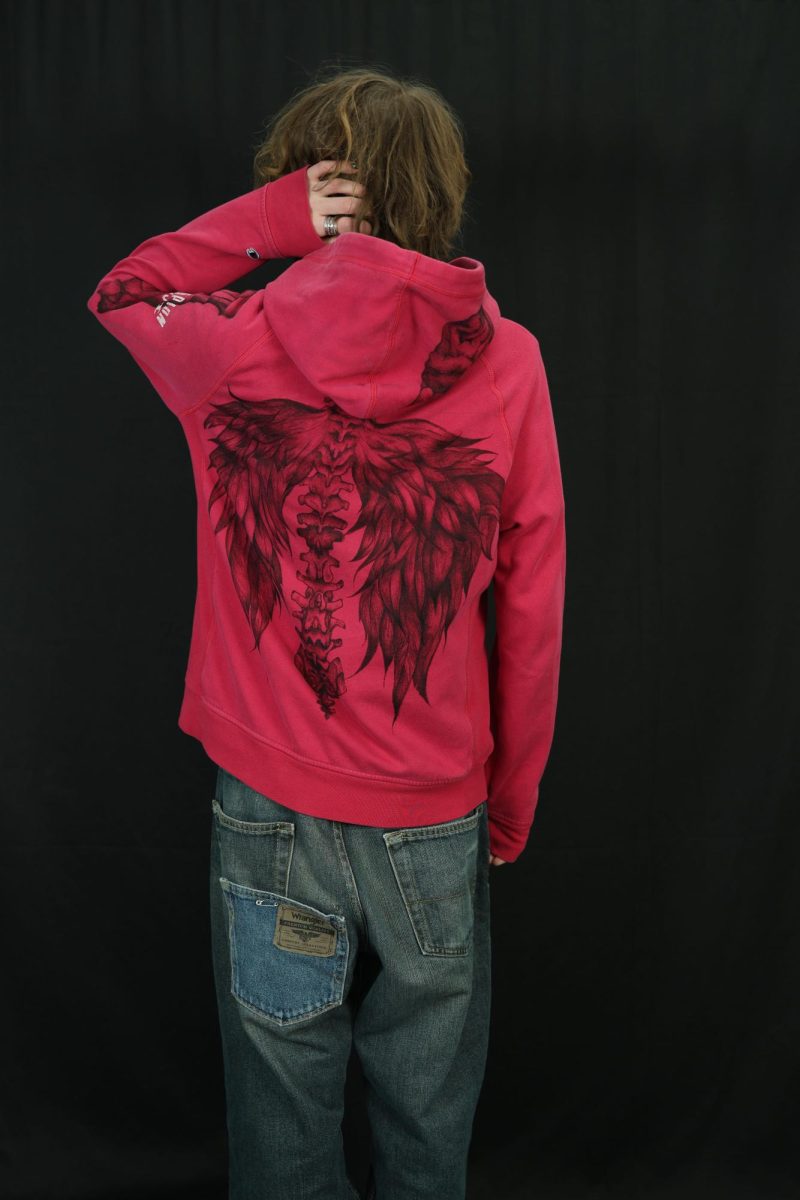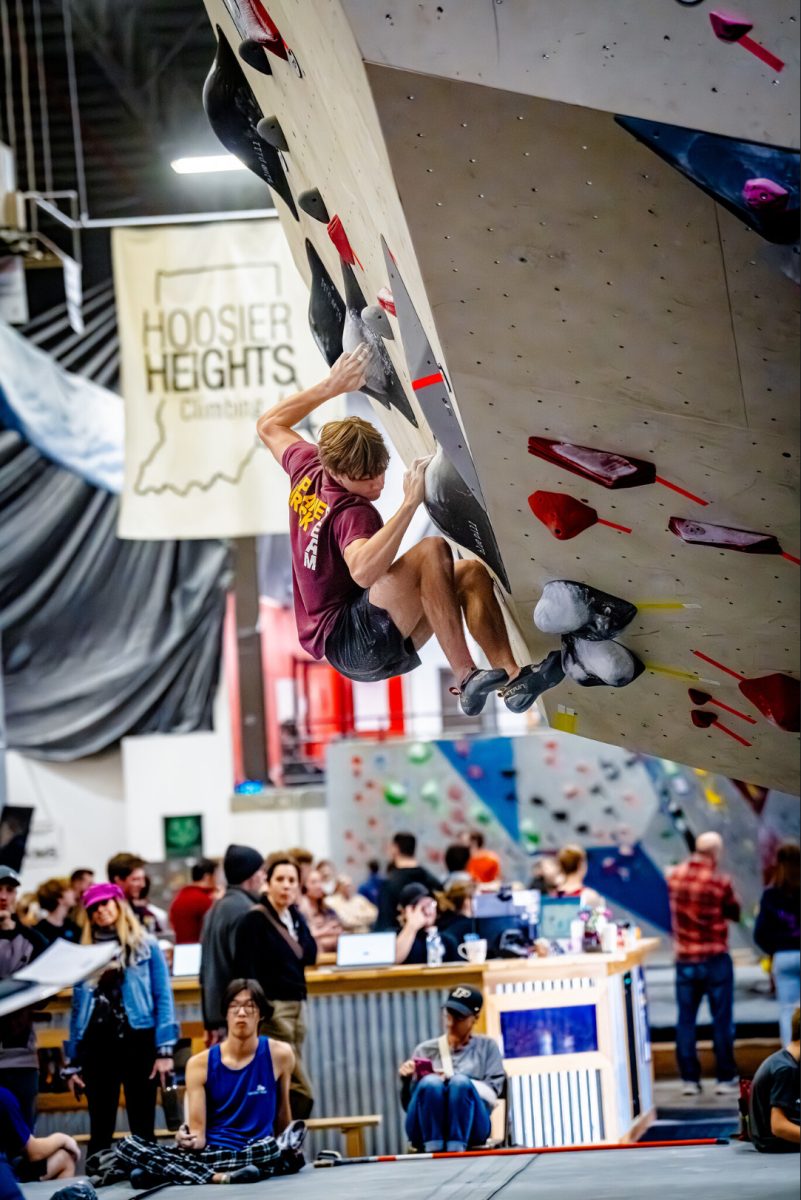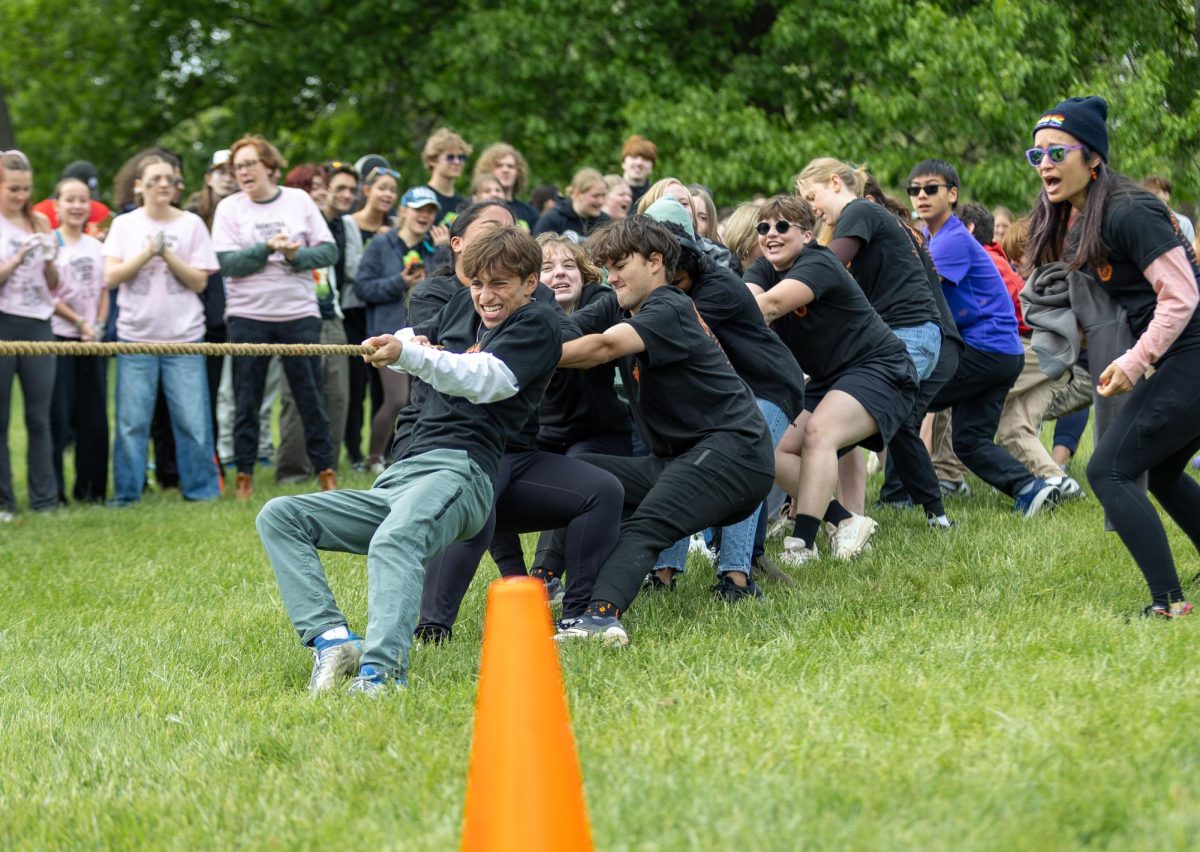By the time most Community High School students graduate, they have sampled the diverse art classes that CHS offers. Interest in art during this time often produces passionate photographers still in high school—but the path a student wants to take in the future regarding their interest can differ. For a handful of student photographers, the decision to attend art school is the culmination of their thorough passion for the arts.
When Emily Liu, a junior at Pioneer High School, was in eighth grade, she attended a photography exhibit at the Ann Arbor District Library, and the experience altered the way she viewed photography and shaped how she used her talents for something enjoyable.
“I was instantly intrigued by the photos, which were unlike the ones I took with my point-and-shoot — they were art each photo with its own enchanting colors, tones and depth that together almost seemed to convey a message, or tell a story,” said Liu. “I saved up my money to buy a DSLR camera, and my interest blossomed into a hobby,”
At the end of Liu’s sophomore year, she had an idea: Instead of getting a job at a restaurant or store like many other high school students she knew, she could transform her hobby into a service to her friends. By capturing senior photos and portraits for friends and classmates, she now also had an alternative source of income.
Although CHS senior Cassidy Moravy-Penchansky has been deeply interested in art since she was young, it wasn’t until she was a photography student of Steve Coron her freshman year that she began to think about what she would like to spend her life doing: teaching art and photography to students.
“I’ve always loved teaching and I loved art, and I never put them together until I met Steve. I hadn’t really thought about what I wanted to do in college and for the rest of my life until two or three years ago,” said Moravy-Penchansky. “Steve was actually my inspiration to go into art education. I’ve talked to him about art education before and he’s told me how much he likes teaching and being able to do his own art, too. I think that it’s great to be able to do your own thing and teach kids how to find their own way to express themselves.”
Moravy-Penchansky admitted that it was difficult to decide between her interests to make a career out of just one, and Steve was able to inspire her to do so.
“When I was little, I wanted to be a marine biologist, and as I got older, I had no clue what I wanted to do because I loved so many things: art, theater, dance and science. It was hard to think of picking just one,” said Moravy-Penchansky. “When I started digital photo freshman year, I fell in love with it. Steve taught me how to become a better photographer. It was really inspiring and I thought that I might want to be a teacher so I can help inspire kids to become artists, too. I eventually found that my real passion is photography, but I do like dabbling in other media as well.”
Next fall, Moravy-Penchansky will begin classes at either the Memphis College of Art or the Eastern Michigan University undergraduate program at the College of Education to gain experience in teaching kids. Moravy-Penchansky expressed some concern about the economy’s impact on art-based careers, and would like to integrate her interest in science into her teaching career.
“[The economy] is definitely something that somebody who wants to be in art education should think about. I think I might delve into teaching a little more, both art and another subject. I’ve always liked science and I’m pretty good at it. . . at this point, [science] will probably be a minor for me,” said Moravy-Penchansky.
Although Liu is passionate about photography, she has made the decision to not plan on studying the art in college nor pursue a career in the field. Her concern about the economic stability and competitiveness of a business in photography has convinced her to plan on another career.
“Photography for me is mainly just a hobby. I may continue my service in college as a sort of part-time job on the side, but it depends on how much spare time I will have,” admitted Liu. “[The economy] is one of the main reasons I haven’t considered going into photography in the future. Photography, like any art, is a competitive field. So many people do it, and yet there are so few who are really able to make a living out of it.”
Christine Jones, an Ann Arbor-based professional photographer who graduated from the University of Michigan’s Art and Design School, shared her insight on the industry after being in business for over 35 years.
“There are some very good schools out there that train for quality photography and art . . . I would highly recommend these schools. I went to the the U of M and graduated from the art school. I probably would not do that today—I would go to an art and design school that was specifically going to get me into the field,” said Jones. “And that’s something that any student or potential student should look into—how are [the schools] going to help their students get into the field in the beginning? There are some that don’t do that at all. You might get kind of left on your own in some cases.”
Jones acknowledged the competitiveness of the field and how significant assertiveness can be in art-based careers, but said that it is possible for anybody who has a smart plan and puts enough effort into it.
“It can take a while to get yourself going. Any business or career takes a good five years to get yourself into a good position,” said Jones. “If [the student] was very serious and the idea of being competitive and working extremely hard is not frightening, I think people can do it.”
Despite Liu’s decision to not further an education in photography, she supports those who are extremely passionate about the art and advises them to gain experience in the field to cultivate their talents to get a glimpse of what life as a photographer would be like.
“I would definitely suggest [that] students who are interested in photography . . . gain more experience and knowledge about what a photography career would really be like, and then decide from there if they want to take the chance,” advised Liu. “You have to be really passionate about it, and [be] willing to take risks.”









